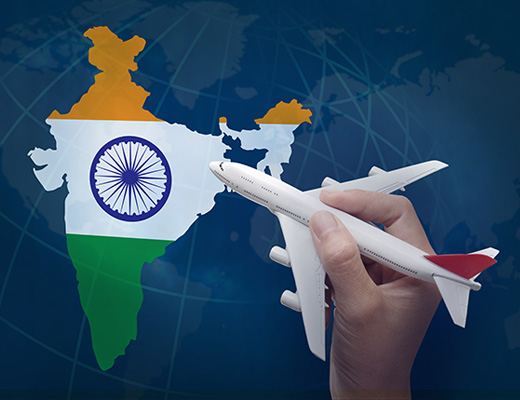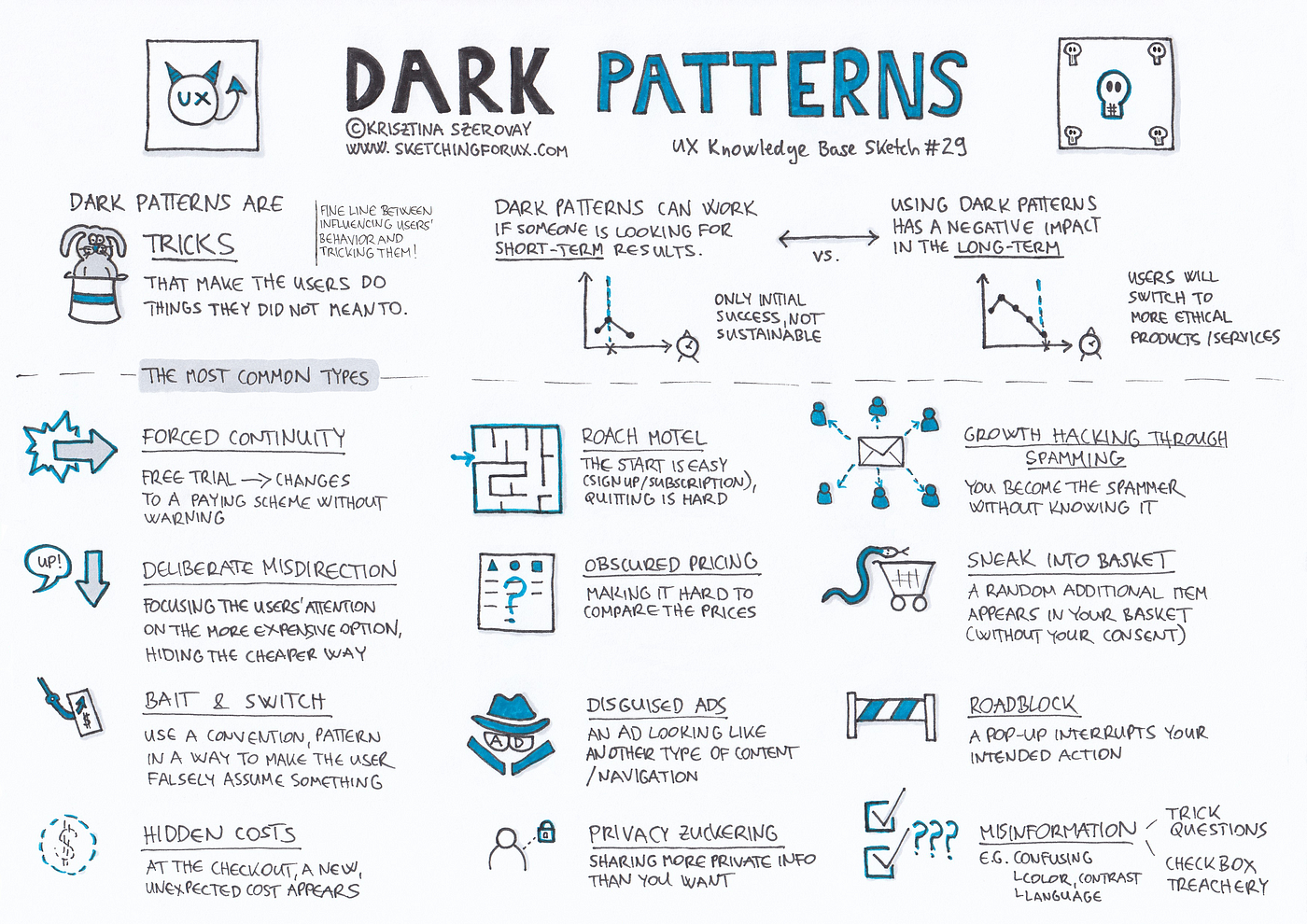October 30, 2023
Addressing Deceptive Practices in the Indian Aviation Industry: A Call for Transparency

Introduction:
- The Indian Ministry of Civil Aviation has intervened in response to a surge in complaints regarding deceptive practices employed by airlines and online travel agents. These manipulative techniques, collectively termed as “dark patterns,” coerce consumers into making unintended purchases. Consumer Affairs Secretary, Rohit Kumar Singh, has characterized these tactics as unfair trading practices bordering on cybercrimes. This article delves into the prevalence of these practices, focusing on specific instances such as IndiGo’s misleading seat selection process, SpiceJet’s pressure tactics for insurance, and MakeMyTrip’s questionable fee additions.

- Dark Patterns: Unraveling Deceptive Techniques:
- Airlines and online portals have come under scrutiny for implementing “dark patterns” in their user interfaces. These strategies are designed to steer consumers towards unintended purchases, compromising their autonomy in the process. Over the past eight to nine months, the Ministry has received an alarming 10,000 complaints via the National Consumers Helpline, underscoring the pervasive nature of this issue.
Manipulative Seat Selection: IndiGo’s Tactics:
- IndiGo Airlines has been singled out for employing the “false urgency” technique. This creates a false sense of urgency, intimating that consumers must pay an additional fee (ranging from ₹99 to ₹1,500) for seat selection during the booking process. Concurrently, it portrays all unallocated seats as unavailable. However, there is a transparency deficit as passengers are not adequately informed that they will be automatically assigned free seats if they opt out of the extra fee. Moreover, the inconspicuous placement of the “skip” option further underscores the element of interface interference.
Additional Unfair Practices: A Closer Look:
- SpiceJet, for instance, exerts pressure on passengers to purchase travel insurance through the use of alarming language such as “I will risk my trip” for those who opt out. This strategy preys on passengers’ fears, compelling them towards unintended purchases. MakeMyTrip, on the other hand, practices “basket sneaking” by adding a convenience fee at the payment gateway stage after booking, catching consumers off guard.
Draft Guidelines and Regulatory Imperatives:
- The Ministry of Consumer Affairs released draft guidelines in September to categorically define and address these dark patterns. The Directorate General of Civil Aviation (DGCA) acknowledges the practice of “unbundling” airfares but underscores the importance of offering these services on an “opt-in” basis, with clear, unambiguous descriptions. A parliamentary committee report further emphasizes the need for transparent seat-wise airfares, fair pricing mechanisms, and robust grievance redressal procedures.
Conclusion:
- The Indian Ministry of Civil Aviation’s crackdown on deceptive airline practices marks a significant stride towards transparency and fairness in the aviation industry. The emergence of “dark patterns” and other misleading tactics in online booking processes has prompted concerns about consumer exploitation and cybercrimes. As the government takes assertive action to rectify these issues, passengers can anticipate a more equitable and transparent air travel experience in the foreseeable future.
Gist of daily Article /The Hindu 17oct 2025
October 17, 2025
Daily Gist of the Hindu/Indian Express : 16 Oct 2025
October 16, 2025
Daily Gist of The Hindu/Indian Express: 6 Oct 2025
October 6, 2025
Daily Gist of Article /The Hindu /Indian Express: 24 Sep 2025
September 24, 2025
